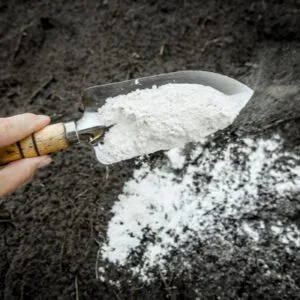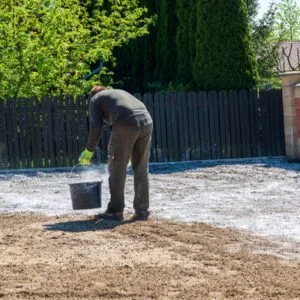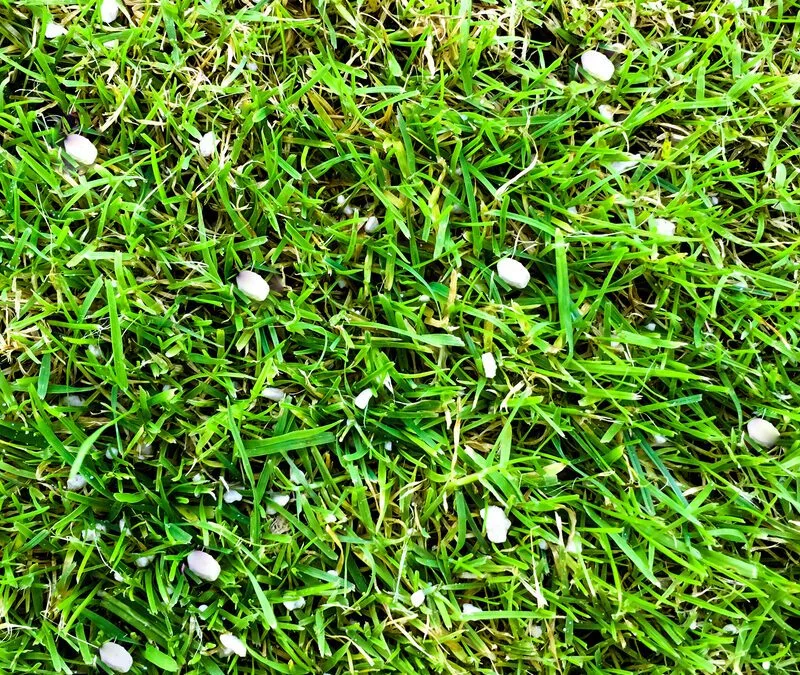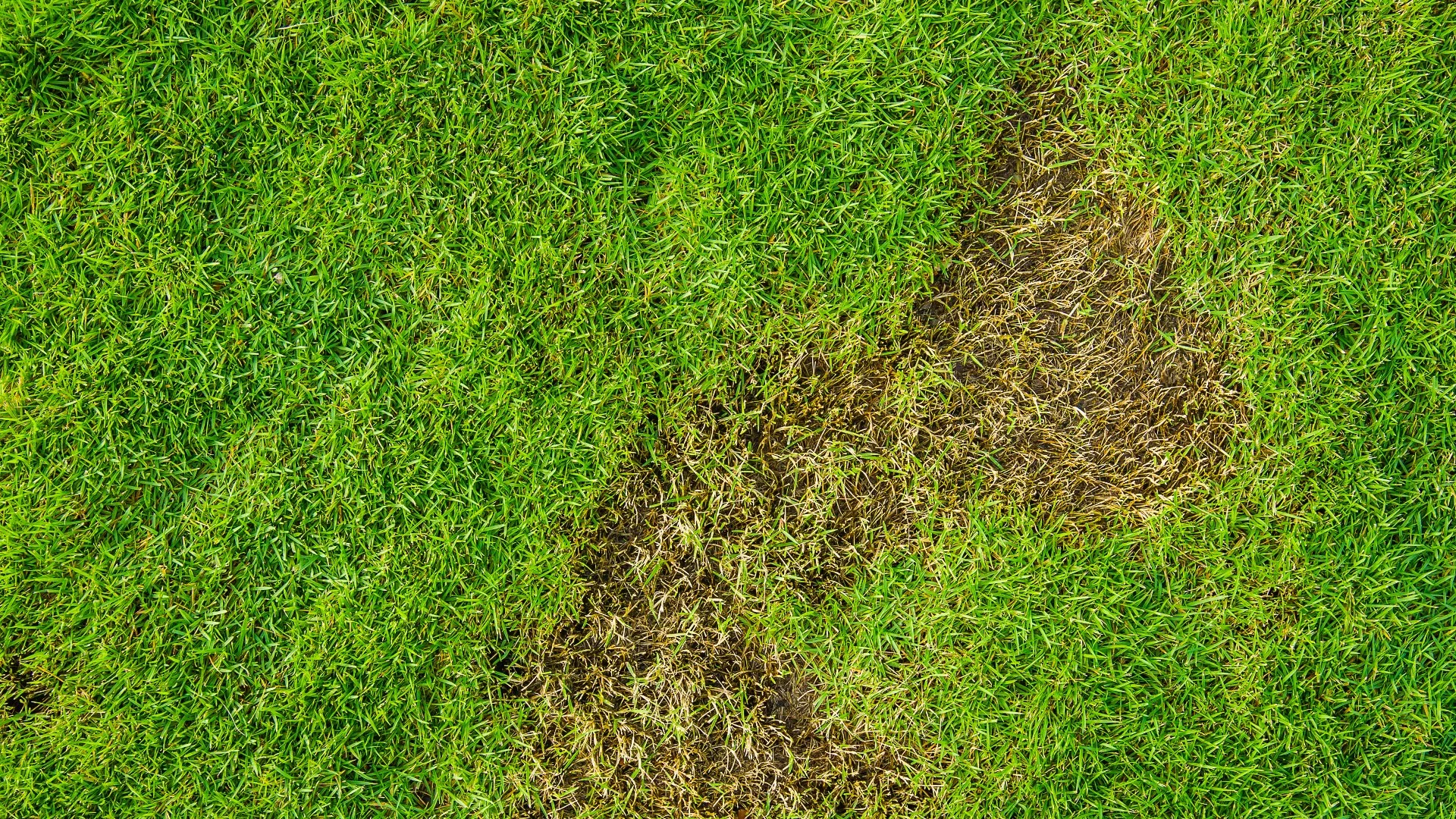In February, we went over the use of lime treatments and talked more about acidic soil. This month, we want to keep you informed on all things gypsum treatments. You’ll learn about what they are when to use a gypsum treatment, symptoms that your West Chester lawn needs gypsum, when not to use gypsum and the difference between a gypsum treatment and lime treatment.
What is a Gypsum Treatment?

Gypsum is a naturally-occurring mineral, great for breaking up compact soil. It is useful for changing the structure of extremely heavy soils that have been affected by traffic, flooding, or overcropping.
- Erosion control
- Improving water run-off
- Helping seedlings breakthrough
- Making your soil more workable
This is typically offered as a custom lawn care service in West Chester.
Gypsum Treatment Vs. Lime Treatment
According to Ohio State University, lime neutralizes soil acidity and provides calcium and magnesium for plant uptake. Gypsum is a calcium sulfate-containing product that provides calcium and sulfate to the soil system. You should expect different outcomes from applying each of these materials. However, when used as part of your lawn care service, they can enhance crop production.
Lime
The most common material for liming is ground limestone, which has two different names that reflect the ratio of magnesium to calcium in the product. Dolomitic limestone includes 55%-85% calcium to 45%-15% magnesium. Calcitic limestone is mostly 95% calcium, with a small amount of magnesium at just 5%. This treatment is used to balance the pH levels of your soil and will ultimately improve the health of your lawn. When used in the fall, conditions such as rain and snow will help it break down and put it to work.
Gypsum
Gypsum includes calcium and sulfur, which can be used as a source of nutrients for plants. Ohio State University tells us that the chemical composition of gypsum is calcium sulfate dihydrate and that naturally-mined sources are available. Though lime is an effective treatment, gypsum works to improve the condition of your soil at a more rapid rate.
When Should a Gypsum Treatment be Used?
To know whether or not you need to add gypsum treatment to your lawn care service, we recommend testing your soil’s sodium and calcium levels. Hunker recommends reaching out to your local university extension office to retrieve a test at a low cost. Once you test your lawn, you should know how much gypsum it will take to solve the issue. Once you have this information, it’s best to reach out to a professional to get a lawn fertilization quote.
Signs that Your Lawn Might Need a Gypsum Treatment on Your West Chester Yardman adding lime to soil in back yard

- You have compacted clay in your soil
- Your soil’s calcium level is low
- Your soil’s sodium level is high
When Should you NOT Use Gypsum Treatment?
All lawns have their unique qualities and will require different amounts of gypsum. The worst thing you can do is attempt to perform a gypsum treatment on your own without prior knowledge. If you test your soil inaccurately, you risk gypsum being ineffective and even damaging your plants. If you use too much gypsum, you could potentially remove essential nutrients from your soil, such as aluminum, iron, and manganese. Though gypsum is a great product, it doesn’t perform miracles on its own. The best thing you can do is use it in conjunction with a custom lawn care service provided by industry experts.
Take Charge of Your Lawn With Custom Lawn Care Services in West Chester
Here at Delaware Valley Turf, we give you the option to customize your lawn treatment plan. We’ll let you know when and if a gypsum treatment is needed and do all the work for you. Recommended treatments will vary based on each unique lawn because we want to offer you the most personalized lawn care experience possible. We take the time to evaluate each lawn individually and educate you in the process.
Many homeowners are unsure how to take care of their lawns, which is where we come in. With our years of experience and certifications, we’re able to offer you the most comprehensive plans available. To make sure your lawn gets what it needs to thrive, give us a call at (610) 328-4170. If you’re ready to take charge now, request your instant quote here!
For more tips and ideas, follow us on Facebook and check out our other blog articles.






Comments (0)
Thanks for your comment!
Thanks for your feedback! Your comments have been successfully submitted! Please note, all comments require admin approval prior to display.
Error submitting comment!
There is a problem with your comment, please see below and try again.